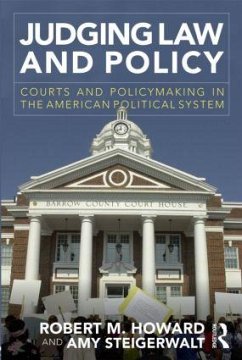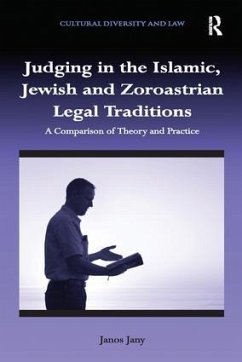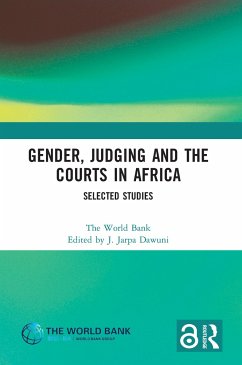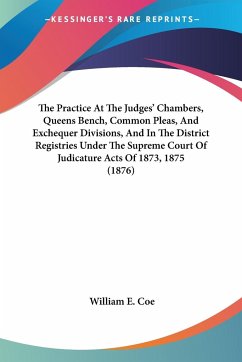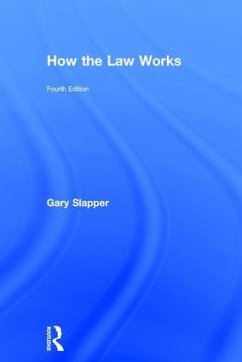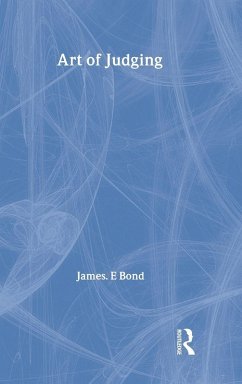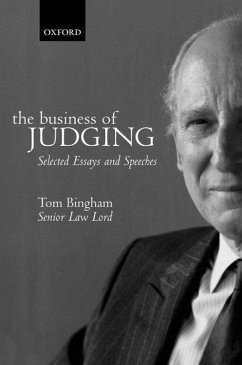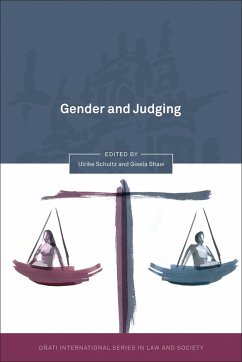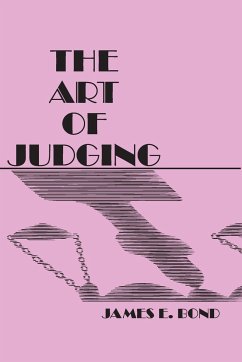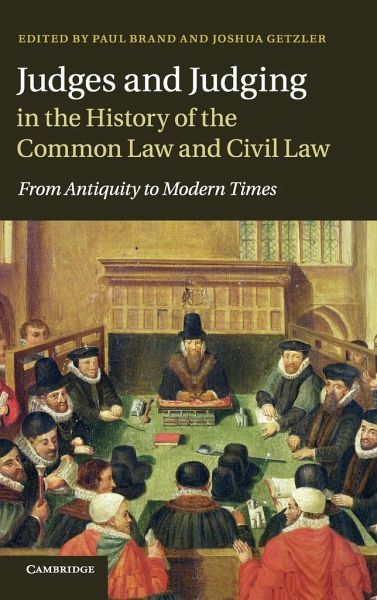
Judges and Judging in the History of the Common Law and Civil Law
Versandkostenfrei!
Versandfertig in 1-2 Wochen
127,99 €
inkl. MwSt.
Weitere Ausgaben:

PAYBACK Punkte
64 °P sammeln!
In this collection of essays, leading legal historians address significant topics in the history of judges and judging, with comparisons not only between British, American and Commonwealth experience, but also with the judiciary in civil law countries. It is not the law itself, but the process of law-making in courts that is the focus of inquiry. Contributors describe and analyse aspects of judicial activity, in the widest possible legal and social contexts, across two millennia. The essays cover English common law, continental customary law and ius commune, and aspects of the common law syste...
In this collection of essays, leading legal historians address significant topics in the history of judges and judging, with comparisons not only between British, American and Commonwealth experience, but also with the judiciary in civil law countries. It is not the law itself, but the process of law-making in courts that is the focus of inquiry. Contributors describe and analyse aspects of judicial activity, in the widest possible legal and social contexts, across two millennia. The essays cover English common law, continental customary law and ius commune, and aspects of the common law system in the British Empire. The volume is innovative in its approach to legal history. None of the essays offer straight doctrinal exegesis; none take refuge in old-fashioned judicial biography. The volume is a selection of the best papers from the 18th British Legal History Conference.





